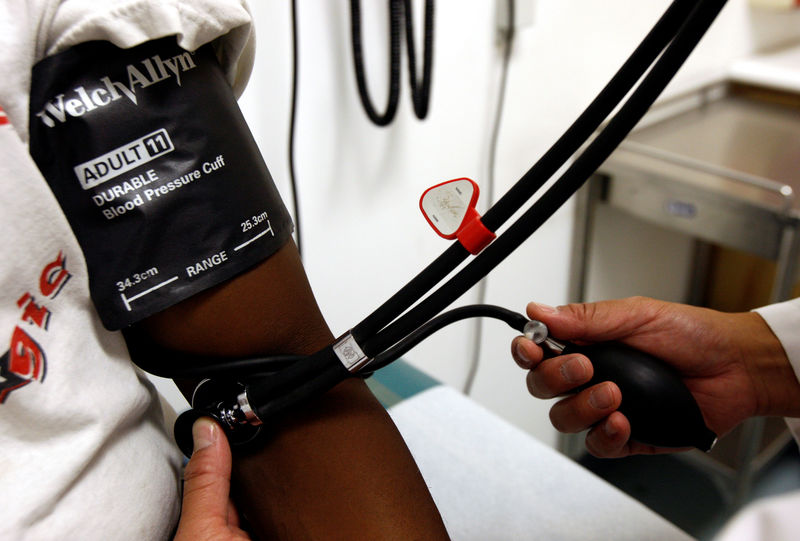* Nigeria in second wave of COVID-19 infections
* Authorities plan oxygen plant in each of 36 states
* Air force enlisted to ramp up oxygen production
By Libby George and Alexis Akwagyiram
LAGOS, Feb 2 (Reuters) - The Lagos businesswoman recalled
the "horrendous" week she spent in the COVID-19 wing of a city
public hospital, where the sense of crisis was lifted only
briefly by whoops of joy when a patient secured one of the few
available tanks of oxygen.
"There was a shortage," the 47-year-old, who did not wish to
be named in order to protect the staff who struggled to treat
her, told Reuters. "It was discussed all around. It felt like
that was the main issue – oxygen, oxygen, oxygen," she said,
convalescing in a private hospital to which she moved.
Authorities are battling a second wave of infections that
has caused nationwide oxygen shortages. Hospitals in the
capital, Abuja, have come close to running out, while demand in
Lagos, the centre of the outbreak, has increased as much as
sevenfold since early autumn.
"There was a national scarcity of oxygen. We were pulling
from all our normal suppliers, and finding new suppliers," Lagos
State Health Commissioner Akin Abayomi told Reuters in an
interview.
Demand for cylinders in Lagos went from around 70 per day
early last year to as high as 500 daily from November, Abayomi
said.
Nigeria, population 200 million, was spared the worst in its
first COVID-19 wave that began in February last year. But a
second wave has hit hard. More than half of Nigeria's 131,242
confirmed cases have been logged in the past three months.
Fatalities now total 1,586.
In December, the government enlisted Nigeria's Air Force to
increase liquid oxygen production at a plant in the northeastern
city of Yola and fly 117 cylinders to two COVID-19 centres in
Abuja.
Authorities pledged in January to build a new oxygen plant
in each of Nigeria's 36 states.
FEES
A Clinton Health Access Initiative study in 2018 found
widespread oxygen supply shortages across Nigeria well before
the pandemic hit. It said that due to high demand, hospital
patients were often asked to pay fees for oxygen that "vary by
facility and ... can be quite exorbitant".
Nigeria has at least 30 oxygen plants but there are frequent
production disruptions due to poor maintenance, aging equipment
and the notoriously unreliable power supply, the global health
organisation said.
Abayomi said patients are not charged for oxygen, and none
who need it have been denied. But patients sometimes only need
oxygen for a few hours, and it is taken away afterwards.
"Oxygen is scarce at this point in time, so we are not
wasting it," Abayomi said.
The businesswoman said scarcity prompted wealthy patients on
her ward to pay for oxygen from private suppliers.
"Either you get it from outside or you find a way of
accessing it internally. These were the conversations that were
going on," she said.
Declan Eugene, an oxygen dealer whose company Feligene
Global Enterprises supplies hospitals in Abuja, said oxygen
became "very scarce" in November when demand soared.
Eugene said he received anxious calls from customers, some
who had not called in seven years.
"It was a really terrible situation," Eugene said. "And it
has become a norm somehow."
Tanks that he sold for 7,000 to 8,000 naira ($18 to $21)
spiked to 20,000 naira ($52), he said.
Eugene said oxygen supply had improved this year because
more plants were working at full capacity. Lagos state last
month launched a new oxygen plant that can fill 60 cylinders a
day, and plans to build two more.
"You can't be in a position where you need oxygen and cannot
give it," Abayomi said. "That's just irresponsible and cruel."
